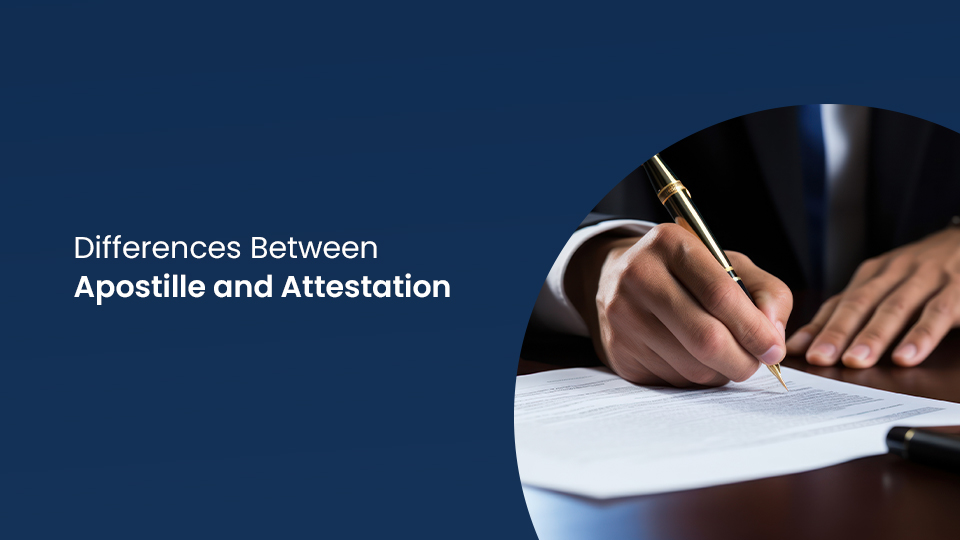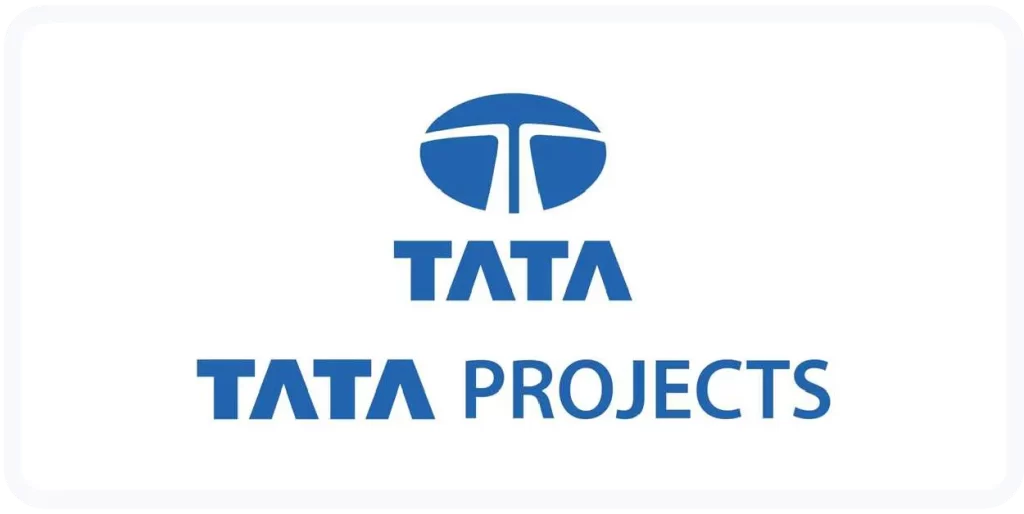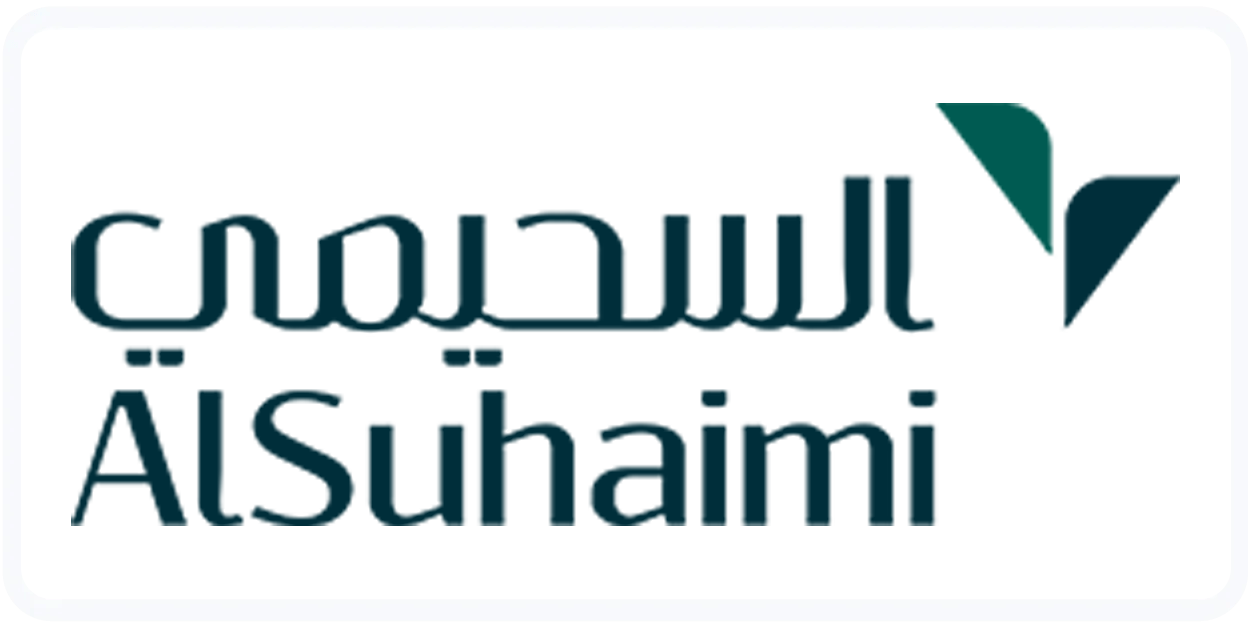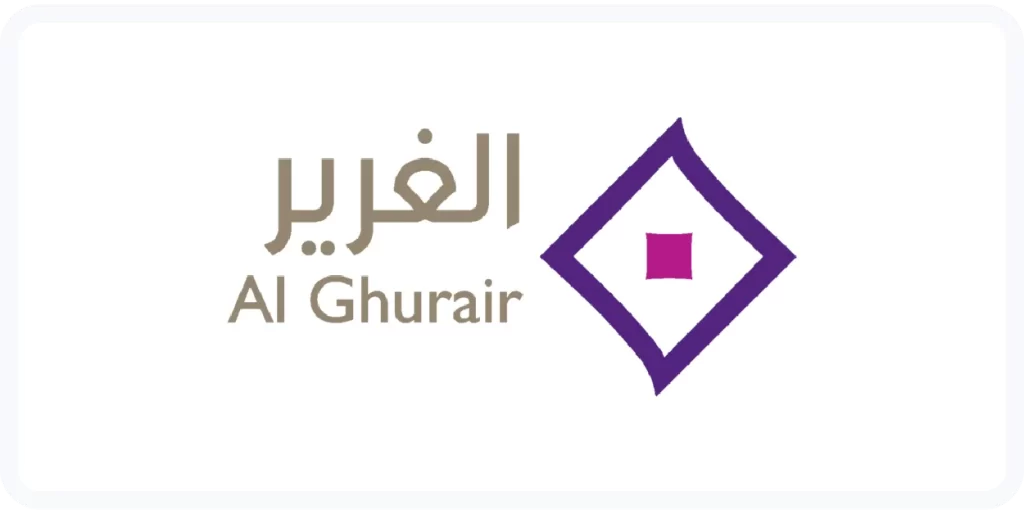Moving across borders is common in today’s modern times. It could be for business, educational or personal purposes, whichever the situation is, you have to provide certain documents and prove their validity to the foreign authorities. Two main methods for this are: apostille and attestation. Knowing how they differ from one another guarantees that your documents will be accepted where you need them and helps you avoid delays. In this blog, we will discuss the differences between Apostille and Attestation based on their features, processes and where they will be required.

What is an Apostille?
An apostille is a certificate issued by an authorised official in countries that are members of the 1961 Hague Convention. It certifies that a public document is valid and can be recognised in any other member country without additional authentication. This process makes international document use easier by providing a single, standardised stamp or seal.
For instance, if you have a document issued in Australia (a Hague member state), and want to use it in Saudi Arabia, which accepts apostille certificates, you have to get an apostille stamp from the Australian Competent Authority.
Features of Apostille
- Accepted in 124+ countries: Apostille is valid only in certain countries that are among the 1961 Hague convention.
- One-step verification: The document is verified by the issuing country’s Competent Authority such as the Ministry of Foreign Affairs.
- No embassy involvement: There is no requirement of verification at the visiting country’s embassy or consulate.
- Standardised certificate: The apostille stamp is easy to recognise as it follows a uniform format.
- Faster processing: Apostille can be done online apostille services or government portals, and it usually takes less time.
- Applicable for various documents: Educational certificates, commercial paperwork, personal documents such as birth or marriage certificates.

What is Attestation?
Attestation is a lengthier process needed for countries that are not a part of the Hague Convention. It contains many levels of verification by officials from both the issuing and destination countries’ embassies or consulates. For Saudi Arabia, which is not a Hague member state, requires attestation for most documents.
The process starts with notarisation and verification by local authorities, after which it is authenticated by the issuing country’s Ministry of Foreign Affairs. Then, the document should be attested by the Saudi Embassy or Consulate, followed by the Ministry of Foreign Affairs (MOFA) in Saudi Arabia.
Features of Attestation
- Multiple-step process: Notarisation, state-level verification, Ministry of Foreign Affairs authentication, embassy attestation, and MOFA attestation are included in the process.
- Must for non-Hague countries: Required for countries like Saudi Arabia, UAE, and other countries which are not a part of the Hague Convention.
- Embassy and Consulate involvement: The diplomatic missions of the visiting country must attest the documents.
- Longer processing time: Attestation typically takes few weeks due to several steps.
- Country-specific rules: Each country may have its own set of requirements and processes.
- Full legalization: Ensures that documents are completely legalised for official use in the visiting country.

Main differences between Apostille and Attestation
| Features | Apostille | Attestation |
| Applicable Countries | Hague member states | Non-Hague countries |
| Process | One-step | Multiple step |
| Embassy/Consulate Involvement | Not required | Required |
| Time required | Fast (typically 7-15 working days) | Slow (2-6 weeks or more) |
| Standardisation | Uniform apostille certificate | Varies by country and document type |
| Example | India, Australia, France | Saudi Arabia, UAE, China |

Looking for Apostille and Attestation Services?
It can be challenging to get documents legalised, particularly when international regulations change from time-to-time. Analytix makes this process simple for you. Whether you need your documents to be apostille for a Hague member state or attested for a country like Saudi Arabia, we guarantee that your document is processed effectively.
To make the process more accessible, many countries now offer digital portals like the “Ratification Services” portal and online apostille services. Our team will walk you through every step, from notary verification to getting the final stamp or seal from the appropriate authority.
Conclusion
It is essential for anyone who wants to use documents internationally to understand the differences between apostille and attestation. For Hague member states, apostille is the best because of its fast, single-step process whereas for non-Hague member countries, attestation is needed involving multiple-steps. The demand for apostille and attestation keeps on rising due to the increase in global mobility.
If you are not sure which process applies to you or need help with documents, Analytix offers support and expert guidance. With us, you can ensure your documents are recognized globally, be it for education, business or personal reasons.

























